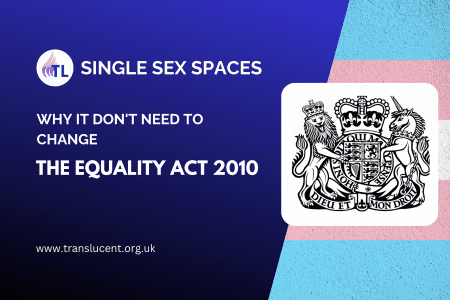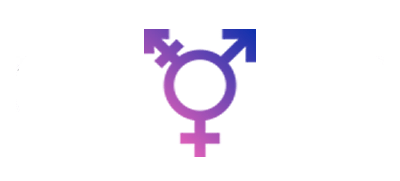For 7 years, the pushing of Gender Critical beliefs has recieved no pushback or requirement of evidence from the UK…
Browsing: Legal
Incredibly, on June 4th, 2024, the Conservative party, supported by various so-called “sex-based” rights groups, made an election pledge to…
Concerns that Sunak’s attempts to block the Scottish GRA bill will cause a constitutional crisis and continue hurting trans people.
I have been asked to provide a comment on the nearly completed case of the GMC v Dr H Webberley.…
I have been asked to provide a comment on the current ongoing case of the GMC v Dr H Webberley.…
I have been asked to provide a comment on the current ongoing case of the GMC v Dr H Webberley.…
Opinion: By Nicola Rose Continue Reading The curious case of Dr Webberley Part 25
By Nicola Rose Continue Reading The curious case of Dr Webberley Part 23
By Nicola Rose Continue Reading The curious case of Dr Webberley Part 22






![Crisis What Crisis? [Red button now pushed] Stop Button (on bus)](https://translucent.org.uk/wp-content/uploads/2023/01/rich-smith-_B3YdOxEELc-unsplash-450x675.jpg)



 To provide the best experiences, we use technologies like cookies to store and/or access device information. Consenting to these technologies will allow us to process data such as browsing behaviour or unique IDs on this site. Not consenting or withdrawing consent, may adversely affect certain features and functions.
To provide the best experiences, we use technologies like cookies to store and/or access device information. Consenting to these technologies will allow us to process data such as browsing behaviour or unique IDs on this site. Not consenting or withdrawing consent, may adversely affect certain features and functions.